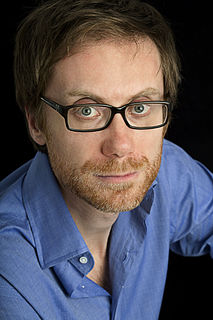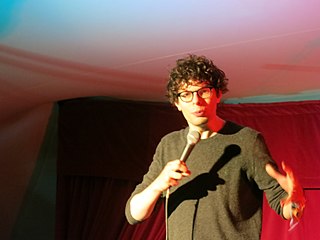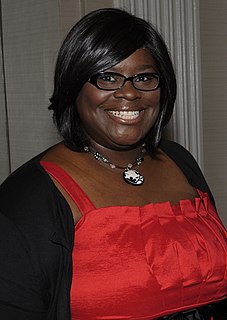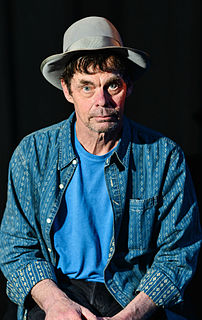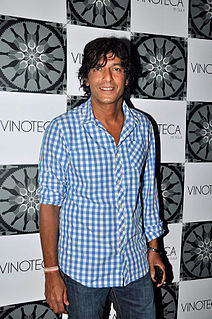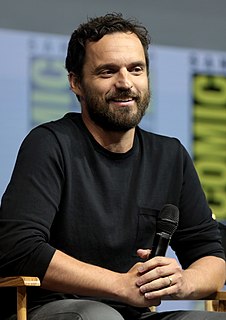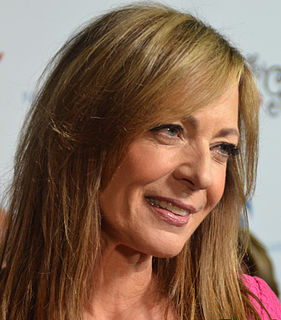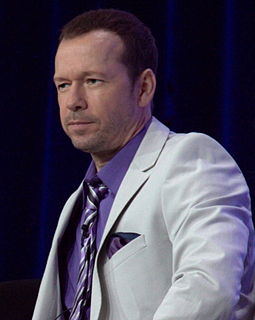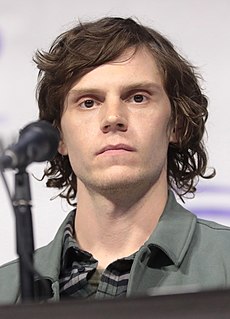A Quote by Stephen Merchant
I very rarely laugh. I remember I used to have a joy at comedy. I remember going to see Sean Lock for the first time live, just in some comedy club when I was 18, and again, just guttural, pure laughter. I didn't know what he was doing; I couldn't see the tricks.
Related Quotes
I remember like that scene with Pharrell where they're at the music video shoot, we have this on camera actually, Pharrell's confused because we weren't doing the script. We were doing all this improv and then Diddy says to him... Pharrell's like I don't understand what's going on and Diddy goes, "We do a lot of improv". (laughter) I remember being we just made him into a comedy nerd. We somehow turned Sean Combs into a comedy nerd, so.
Comedy is a funny thing, and it's really not like any other art form in that it's very specialized and varied in it's content, but generic in it's title. You would never go to a club just to see "Live music," you would go to a jazz club to see jazz, a blues club to see blues, etc. But when you go to see "standup comedy," if you don't know the performers material, you really don't have any idea what you're gonna get.
I did a 'Last Comic Standing' audition in 2006, where you're just performing for three people in a comedy club, in a big comedy club, and I remember them cutting me off, asking about my name in the middle of one of my jokes. Yeah, it's just real weird when you're doing stand-up in that type of sterile, unnatural setting.
Comedy is lively, comedy is joy, and that's what keeps us [people] going, we've got to look forward to little, little happiness's. Little, little joys, and comedy is very, very important, it's a vital. We underestimate its value, but we should see more comedies. Comedy is life giving, it's invigorating. I really believe it.
The first time I came to the Comedy Festival some nutcase shot a bunch of people in Tasmania. I thought, 'Oh, that's just Tasmania.' The second time I came, some nut shot up Columbine High School. Now I'm here again, and another nut just shot up a high school in Minnesota. If you can't see the connection between me playing the Comedy Festival and mass murder, you're no good at conspiracy theories.
The first purpose of comedy is to make people laugh. Anything deeper is a bonus. Some comedians want to make people laugh and make them think about socially relevant issues, but comedy, by the very nature of the word, is to make people laugh. If people aren't laughing, it's not comedy. It's as simple as that.
Having written both comedy and drama, comedy's harder because the fear of failure's so much stronger. When you write a scene and you see it cut together, and it doesn't make you laugh, it hurts in a way that failed drama doesn't. Failed drama, it's all, 'That's not that compelling,' but failed comedy just lays there.
